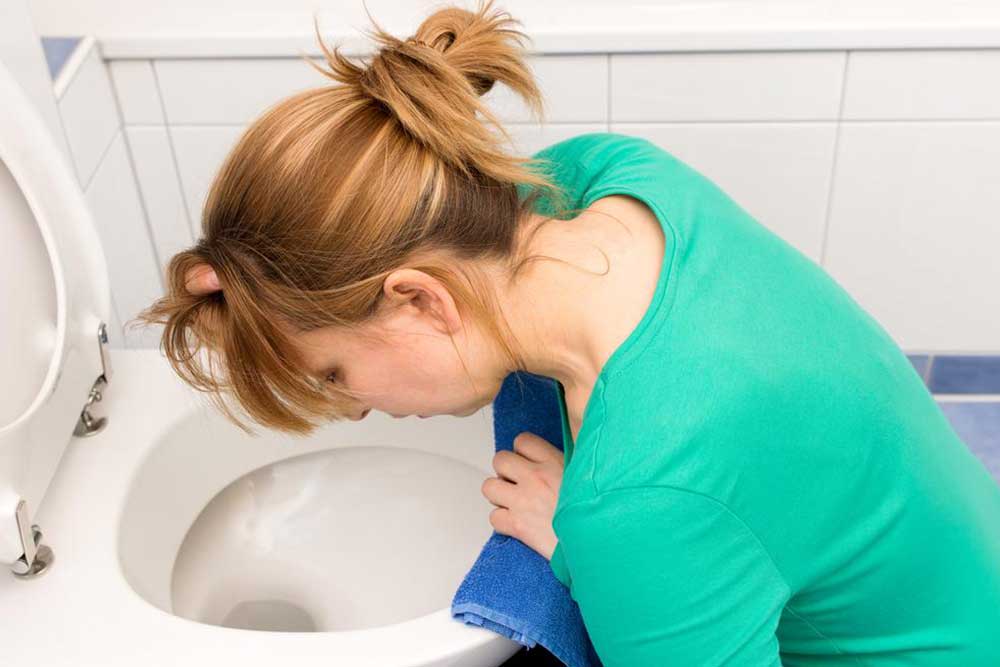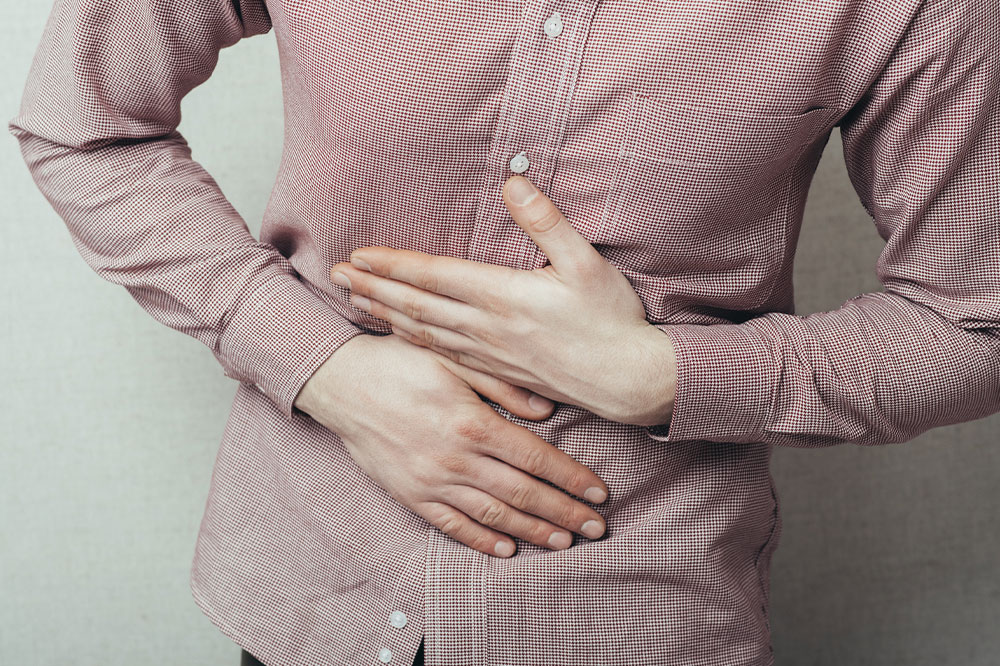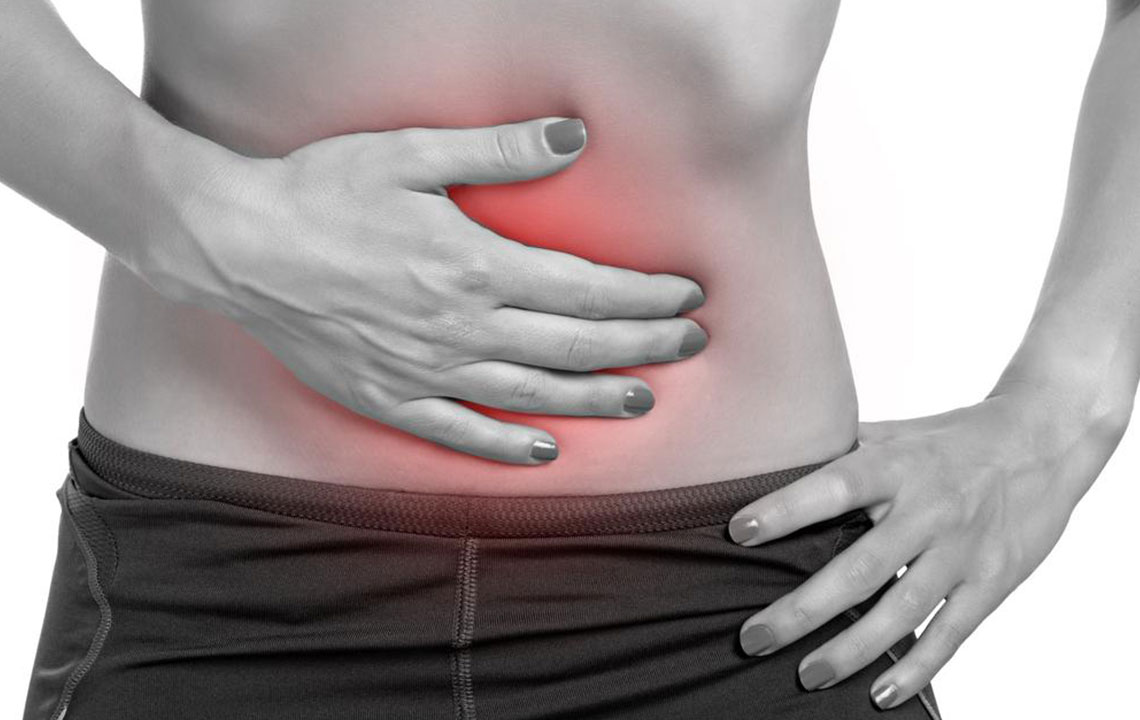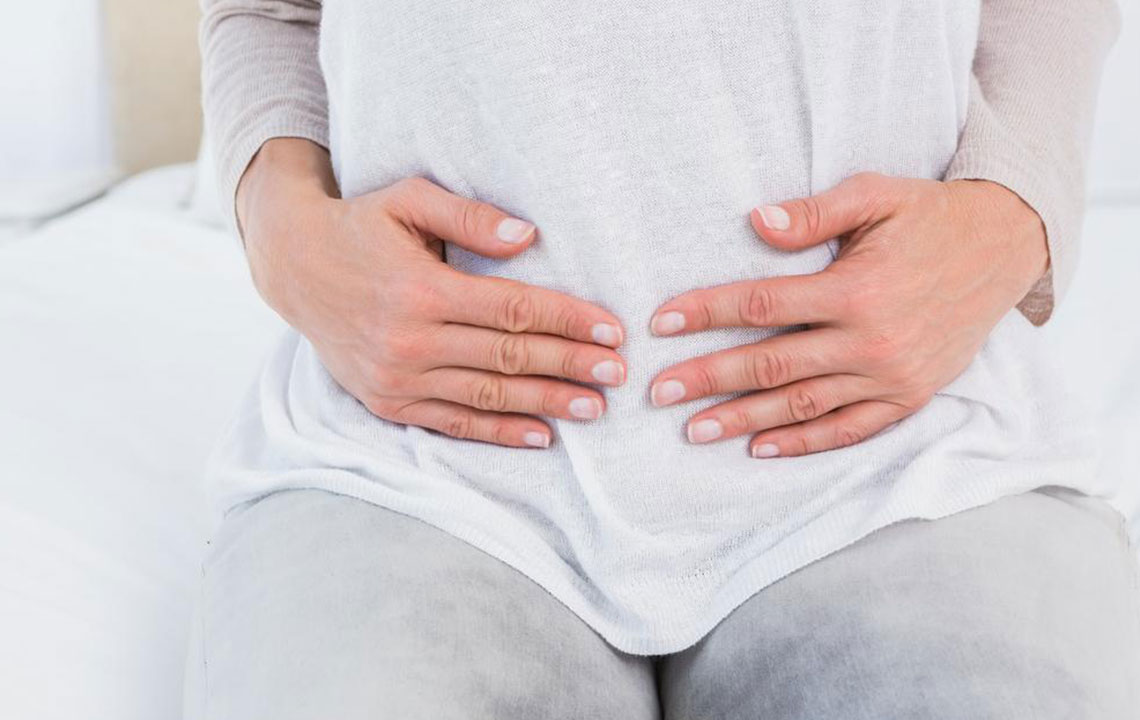Comprehensive Guide to Dark Stool: Causes, Symptoms, and Effective Treatment Strategies
Dark stool can be caused by various factors ranging from dietary choices to serious health conditions like gastrointestinal bleeding and ulcers. Recognizing the causes, symptoms, and treatment options is essential for proper management. This comprehensive guide highlights common causes such as esophageal varices, stomach ulcers, and diet-related influences, alongside warning signs indicating severe health issues like colon cancer or intestinal conditions. Early diagnosis through medical assessments is vital, with treatment options including medications, lifestyle modifications, and surgical procedures. Prompt medical attention ensures effective treatment and better health outcomes.

Comprehensive Guide to Dark Stool: Causes, Symptoms, and Effective Treatment Strategies
In-depth understanding of the causes, warning signs, and treatment options for dark stools
In the fast-paced modern world, digestive health issues have become increasingly common, with one notable symptom being stool that appears dark or black. Recognizing whether this is a benign, dietary-related change or a sign of a more serious health concern is crucial for timely intervention. While some foods can temporarily darken stool, persistent dark coloration might indicate underlying health conditions such as gastrointestinal bleeding, ulcers, or other severe digestive disorders. Being aware of the various causes, symptoms, and available treatments can help you take prompt action, ensuring better health outcomes. Consulting a healthcare provider for proper diagnosis is always recommended when encountering dark stools.
Common causes of dark stool and their implications
Dark stool is most often linked to bleeding originating from the upper gastrointestinal tract. Unlike red, bright blood that suggests lower GI bleeding, dark stools typically indicate bleeding that occurs higher in the digestive system, where blood has been altered by stomach acids. Several conditions can cause this darkening of stool, including:
Esophageal Varices — These are enlarged, swollen veins in the esophagus that can rupture and bleed, leading to dark, tar-like stools. Such varices are often associated with liver cirrhosis or portal hypertension.
Stomach Ulcers — Sores that develop in the lining of the stomach can cause bleeding, resulting in black or tarry stools known as melena. Patients may also experience stomach pain, nausea, or vomiting.
Peptic Ulcers — Ulcers in the stomach or the first part of the small intestine can erode blood vessels, causing bleeding and dark stools. This condition often results from bacterial infections or long-term use of NSAIDs.
Gastritis — Inflammation of the stomach lining can lead to bleeding, which manifests as dark stool. It can be caused by alcohol, stress, medications, or infections.
Indigestion and Dietary Factors — Excessive intake of fatty or greasy foods, or certain dyes in foods like blueberries, dark chocolate, and licorice, can temporarily darken stool. Recognizing the impact of diet can help differentiate benign causes from more serious issues.
It's important to understand that dietary influences can cause reversible changes in stool color, but frequent or persistent dark stool warrants professional medical evaluation.
Serious health conditions associated with dark stool and warning signs to watch for
Necrotizing Enterocolitis — A severe condition involving tissue death in the intestines. This is an emergency requiring immediate medical care and can cause bleeding and perforation.
Colon Cancer — Persistent dark stools can be an early sign of colon tumors; early detection is critical for successful treatment.
Intussusception — A rare but serious condition where part of the intestine telescopes into another segment, leading to blockage, bleeding, and dark stools—necessitating urgent medical attention.
Platelet Function Disorders — Conditions like thrombocytopenia can impair blood clotting, resulting in bleeding that manifests as dark stool. These disorders require specialized management.
Certain medications, such as iron supplements, blood thinners, and chemotherapy drugs, can also cause dark stool as side effects. Recognizing medication-related changes in stool color is important for differentiating between benign and alarming causes.
Effective diagnosis and treatment options for dark stool
When you notice dark stool, consulting a healthcare professional promptly is crucial. Diagnosis typically involves comprehensive assessments, including blood tests to detect anemia or bleeding, stool analysis to identify blood presence, and imaging procedures like endoscopy or colonoscopy to locate the bleeding source. These diagnostic tools provide detailed insights necessary for targeted treatment.
Treatment varies depending on the underlying cause. For bleeding ulcers or varices, medications such as proton pump inhibitors or beta-blockers may be prescribed to reduce acid production and control bleeding. In cases of tumors or growths, surgical intervention or other specialist procedures might be necessary. For less severe cases influenced by diet or minor inflammation, lifestyle modifications and diet adjustments are recommended.
Lifestyle and dietary changes can also contribute to managing mild cases. Increasing fiber intake through whole grains, fruits like pears, vegetables, and beans supports digestive health. Avoiding spicy, greasy, or processed foods can reduce gastric irritation. For individuals on medication that causes dark stool, doctors may adjust dosages or switch medications when appropriate.
Early intervention is vital to prevent complications such as anemia, perforation, or severe bleeding. Therefore, patients experiencing additional symptoms like abdominal pain, dizziness, weakness, or fainting should seek emergency medical assistance immediately. Regular check-ups and adherence to medical advice play significant roles in maintaining digestive health and addressing underlying issues effectively.





